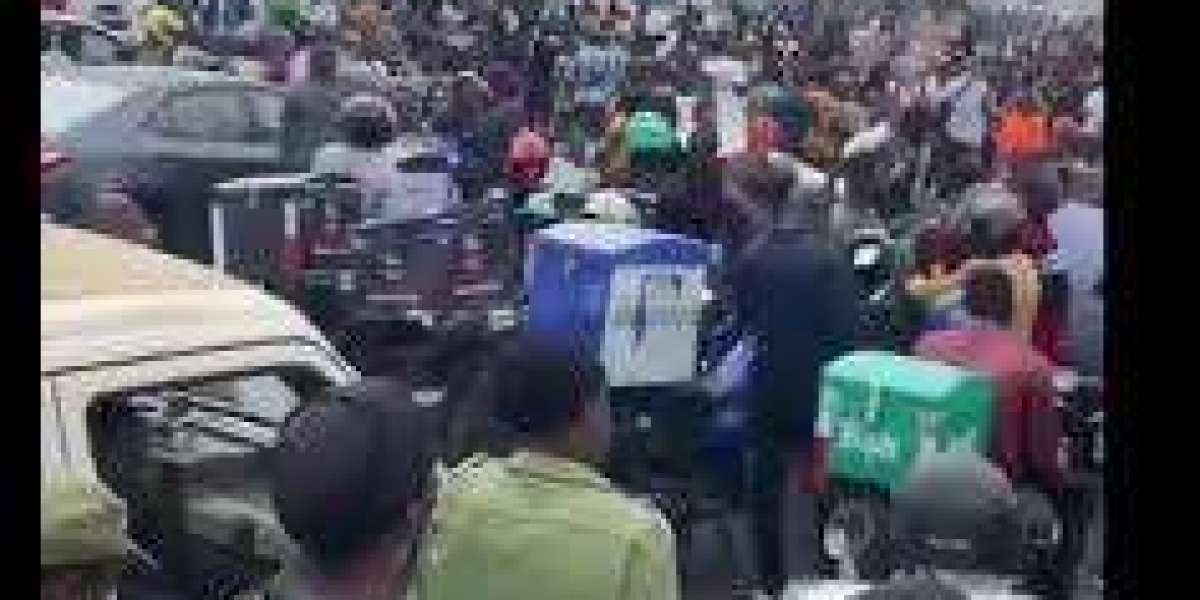Lagosians were thrown into chaos on Monday morning after residents of Oworonshoki stormed the Third Mainland Bridge, bringing traffic to a standstill in protest against the demolition of their homes. The demonstration, which took over the outbound lanes of the bridge, was fueled by anger and frustration as families accused the Lagos State government of carrying out midnight demolitions without prior notice or proper compensation. Many of the affected residents claimed they held Certificates of Occupancy, insisting their properties were legally owned and not illegal structures as alleged.
The protest left motorists stranded for hours, with some abandoning their vehicles as the gridlock intensified. Placard-carrying demonstrators included men, women, and children, all demanding justice and resettlement. Emotions ran high, with some community leaders declaring that they would rather remain on the bridge indefinitely than allow the demolitions to continue unchecked. “We would rather die on the Third Mainland Bridge than allow it,” one resident said.
The dramatic scene eventually drew the attention of Lagos State Commissioner of Police, CP Olohundare Jimoh, who personally intervened to calm the protesters and restore traffic flow. By late afternoon, order was restored and the bridge reopened, but the incident left lingering questions about how the government balances urban development with the rights of long-standing communities.
For the state government, the demolitions are part of an effort to clear illegal structures and protect flood-prone coastal areas. But for the displaced families, it is a story of loss, dignity, and a desperate fight to be recognized. Beyond the traffic nightmare, the Oworonshoki protest has ignited fresh debate on housing rights, equity, and the cost of development in Lagos.








